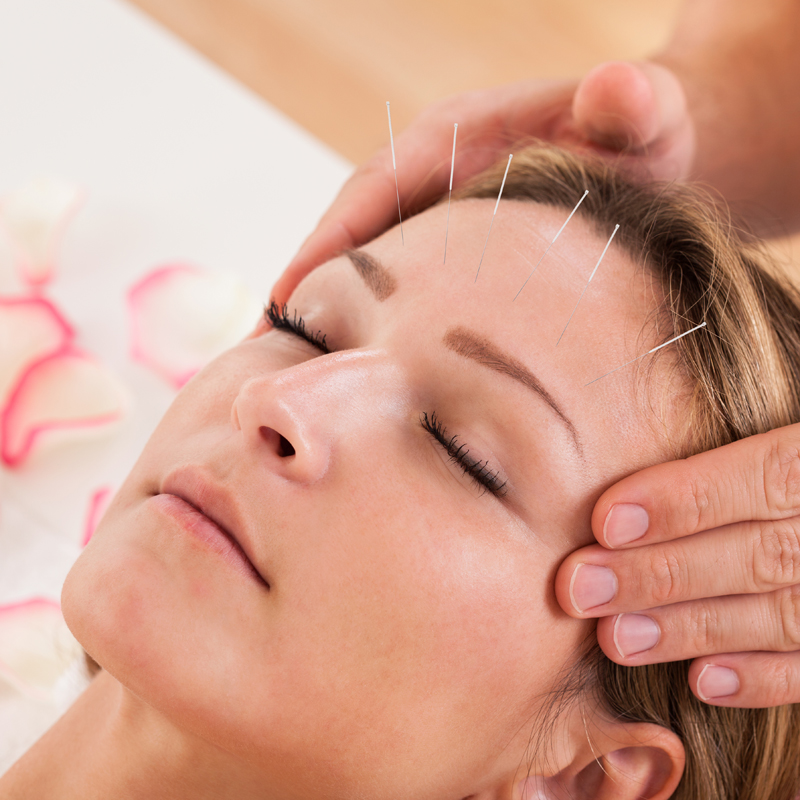
Acupuncture for MS
Acupuncture, an ancient Chinese therapy, uses the energy that is said to flow in the body through 14 meridians, or crossing points. To do this, very fine needles are inserted into the body at specific points. Acupuncture has been found to provide relief for a number of multiple sclerosis symptoms, including bladder problems, spasticity, numbness, pain and depression. Because acupuncture is linked with over-activity of the immune system, patients should only use it under the supervision of their physicians.
Massage For MS
Massage has been used for thousands of years to relieve pain and reduce stress. Stress is known to trigger or even worsen multiple sclerosis symptoms. Many patients find that regular massage treatments can help to improve the ability to handle normal stress, to improve overall function and to relieve symptoms. Some medical conditions make massage inadvisable, so patients should check with their doctors before undergoing massage therapy.
Meditation for MS
Recent studies indicate that a particular type of meditation called “mindfulness meditation” can help manage the symptoms of multiple sclerosis. This meditation practice requires the patients to focus, in a non-judging way, on the present moment, and hold this focus for an extended period of time. The studies suggest this type of meditation helps to reduce anxiety, depression and fatigue that are common with this disease. Meditation can help to improve mood and instill a more positive attitude, which can be beneficial for any patient managing an ongoing condition. In addition, the positive effects lasted as much as six months after the study.
Other Complementary Therapies
Other complementary and alternative therapies are also used to relieve pain and help patients deal with symptoms such as anxiety and depression. Exercise, diet, herbal remedies and various types of bodywork can provide some relief for some patients. Experts advise that these treatments should always be used along with conventional medical treatment to ensure safety and effectiveness. You should always talk to your doctor before beginning any type of alternative treatment for multiple sclerosis.
